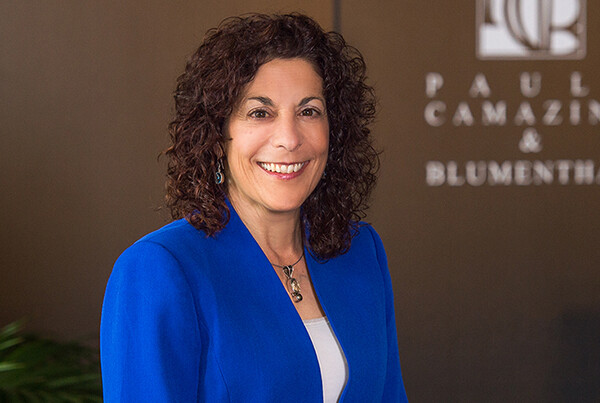
Elderly and incapacitated loved ones often need assistance in managing their financial and medical affairs. Well-meaning family members might try to assist them, only to encounter roadblocks from financial institutions and health care providers who require evidence of legal authority to act on behalf of the incapacitated individual. How do you know if you have the authority to act on behalf of your loved one? Do you have Power of Attorney for your relative?
The easiest way to know is to communicate with your family regularly and discuss issues like this. That way you’ll know if you have been appointed in documents, called Durable Powers of Attorney, created by your family member. If you have not had these discussions, and you find yourself needing to know, contacting your loved one’s attorney is the next best option. Another option is being aware of where your family member keeps their personal important papers. It is important that you have a copy of the document that you are named in as a decision-maker.
Your loved one might have granted this authority to you or someone else by creating a durable power of attorney. A durable power of attorney is a document in which your loved one (called the Principal”) names one or more people (called “attorneys in fact”) to make financial decisions on their behalf. A Durable Power of Attorney for Health Care (also known as a Health Care Directive) appoints one or more people to make health care decisions for your loved one when they are unable to do so. In Missouri, a durable power of attorney for health care and financial decision-making may be “springing,” meaning it is only effective upon certain circumstances, often when the Principal lacks the mental incapacity that triggers their Agent to be able to act, or the power of attorney may take effect immediately. For a springing power of attorney based on incapacity, a letter from the Principal’s physician certifying incapacity is usually required by financial institutions and health care providers.
If you are unable to locate a durable power of attorney for health care or financial matters, or if there are disputes about the validity of an existing durable power of attorney, you may need to contact an attorney to discuss the need for the appointment of a conservator (to have authority given by the court to handle the finances of an incapacitated person) or a guardian (to have authority given by the court to handle health and personal care decisions of an incapacitated person) through an action filed in the probate court.
When an elderly or incapacitated relative needs assistance managing their finances and health care decisions, determining what planning has been done and what options are best can be daunting. You should consult with an Elder Law Attorneys to discuss the options available to you.
Written by Debra K. Schuster, from the Missouri Law Firm of Paule, Camazine & Blumenthal. Attorney Schuster is an experienced Elder Law Attorney and has a Featured Listing on ElderCareMatters.com– America’s National Directory of Elder Care / Senior Care Resources to help families plan for and deal with the issues of Aging.
If you have additional questions about your family’s Elder Care / Senior Care Matters, you can count on ElderCareMatters.com (America’s National Directory of Elder Care / Senior Care Resources) to help you find America’s Top Elder Care / Senior Care Professionals. You can find Local Elder Care / Senior Care Experts by Searching our National Database by City and Service Category. (This Search feature is located on the homepage of ElderCareMatters.com).
The Elder Care / Senior Care Experts that are found on ElderCareMatters.com can provide you with the help you need in a total of 78 different Elder Care / Senior Care Services, including Elder Law, Estate Planning, Home Care, Medicaid Planning, Assisted Living, Care Management, Daily Money Management, Senior Living, Investment Advisory Services, Tax & Accounting Services, Wills & Trusts, Probate plus many other Elder Care Services.
We look forward to helping you plan for and deal with your family’s Issues of Aging.
Visit ElderCareMatters.com.


